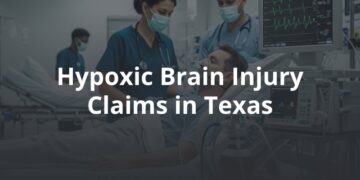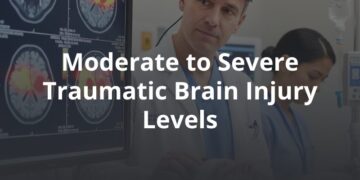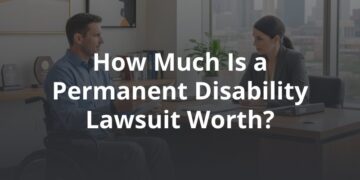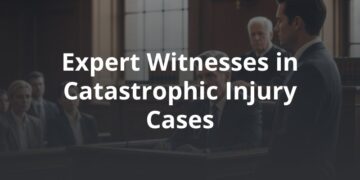The New Law: House Bill 100
On May 29, 2017, Texas Governor Greg About signed into law House Bill 100 creating new statewide regulations for Transportation Network Companies (“TNCs”). This bill seeks to put to rest the fights between local municipalities and TNCs such as Uber and Lyft and provide a consistent set of rules across the state regulating TNC operations. The bill passed with over two-thirds of the members from the house and senate. As a result, the new law is currently in effect. How does the new law change the rules for ridesharing in Texas?
Statewide Changes
Here are a few of the important new changes in House Bill 100.
The new law divests cities and towns of authority to regulate TNC operations. The local rules passed by cities like Houston, San Antonio, and Austin no longer apply to TNCs. Instead, the same rules apply across the entire State. However, some exceptions remain with regard to airports, cruise ship terminals, and large events.
Operating a TNC in Texas now requires a state permit. To qualify, a driver must:
- Be at least 18 years of age;
- Maintain a valid driver’s license issued by Texas or another state or Washington D.C.;
- Maintain proof of registration and auto insurance for every vehicle to be used; and
- Pass a background check that covers local, state, and national searches.
A TNC driver must not:
- Have been convicted of a crime in the three-year period preceding the issue date of the driving record obtained in the background search;
- Have had more than three offenses classified by the department of public safety as moving violations; or
- Have been convicted of one or more of the following offenses:
- Fleeing or attempting to elude a police office under Section 545.421, Transportation Code;
- Reckless driving under Section 545.401, Transportation Code;
- Driving without a valid driver’s license under Section 521.457, Transportation code;
- Have been convicted in the preceding seven-year period of any of the following: Driving while intoxicated under Section 49.04 or 49.045, Penal Code; Use of motor vehicle to commit a felony; A felony crime involving property damage; Fraud; Theft;An act of violence; An act of terrorism; or Be found to be registered in the national sex offender public website maintained by the United Stated Department of Justice or a successor agency.
TNCs must also pay certain fees, including an annual fee to cover the costs of administering the law. However, the fee can’t be based on the number of drivers or cars in the TNC’s network.
There are mandatory insurance coverages required when drivers are between rides, including the following:
- $50,000 for bodily injury to or death for each person in an incident;
- $100,000 for bodily injury to or death of a person per incident; and
- $25,000 for damage to or destruction of property of others in an incident.
There are also mandatory insurance coverages required when the driver is engaged in a ride, including coverage with a total aggregate limit of liability of $1 million for death, bodily injury, and property damage for each incident.
TNCs must disclose to passengers the fare calculation method on the digital network and, before the passenger enters the vehicle for the ride, provide through the digital network to the passenger requesting the ride, the rates being charged and the option to receive an estimated fare.
What does this mean for Austin?
The new law voids the Austin ordinance that resulted in Uber and Lyft leaving Austin. Below is a list of the regulations voided by House Bill 100 that Uber and Lyft disliked:
- The penalty for operating a TNC in violation of the City’s ordinance;
- The requirement of TNCs operating in the City of Austin to pay an annual fee calculated by a method defined by the City Ordinance;
- The requirement that TNCs have an operating authority in the city;
- The requirement that TNCs have a local presence to include a 24-hour customer service number and an email address;
- The requirement that TNCs report certain data to the city every month;
- The requirement that TNC vehicles display a consistent and distinctive director-approved emblem indicating which TNC is being used at all times;
- The requirement that drivers be 21 years old;
- The requirement that drivers undergo a fingerprint-based criminal background check;
- The requirement that drivers not drive for more than twelve hours within any 24-hour period.
The City of Austin claimed their ordinance increased the safety for citizens choosing to use TNCs. Uber and Lyft claimed the city’s regulations imposed too large a burden to operate in the city. Only time will tell which side is correct, but one thing is certain: there will be an increased presence of TNC drivers and riders on the roads of Austin. Increased volume, as well as fatigued TNC drivers, could result in increased car crashes and personal injury claims involving TNCs.
References:








